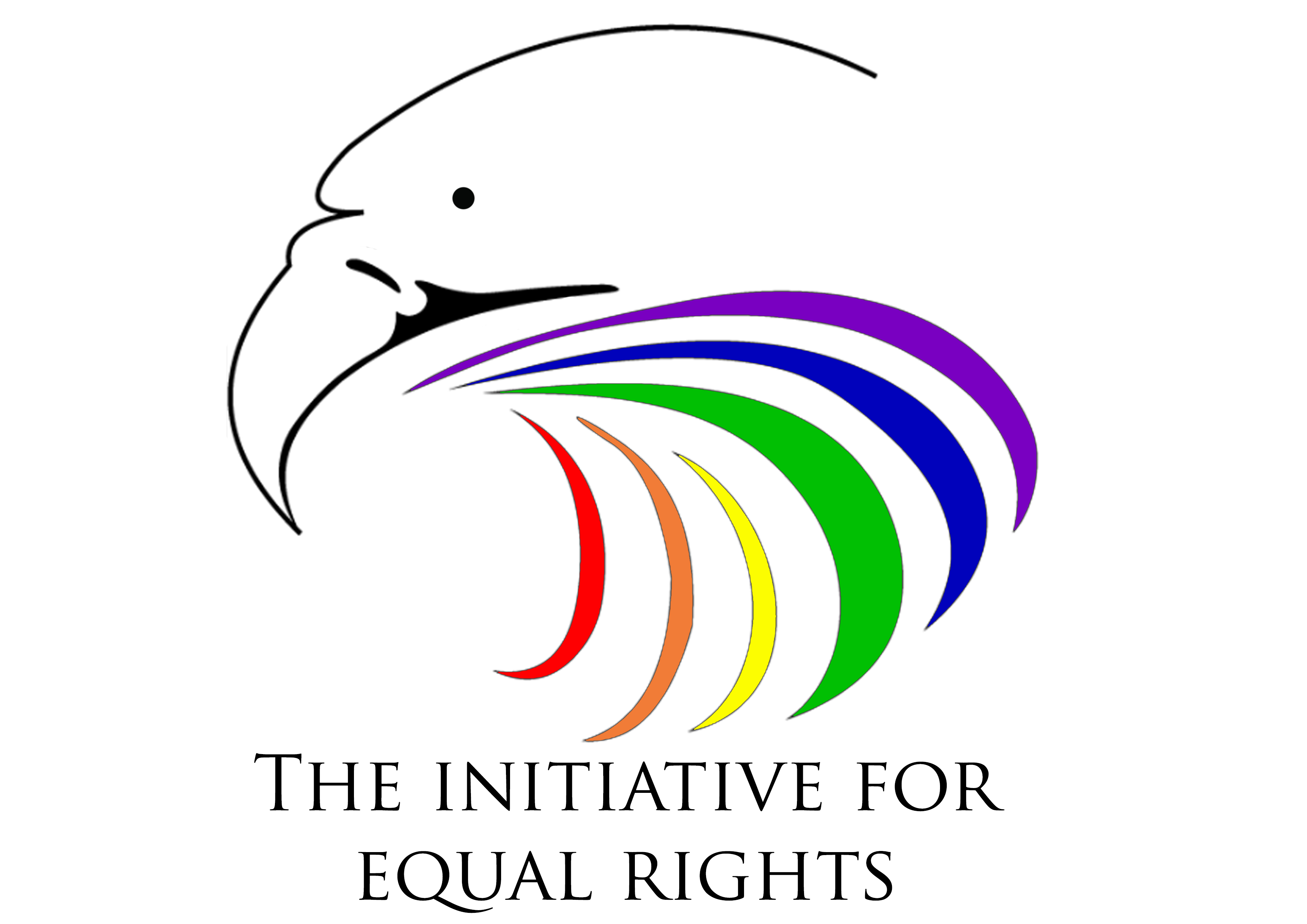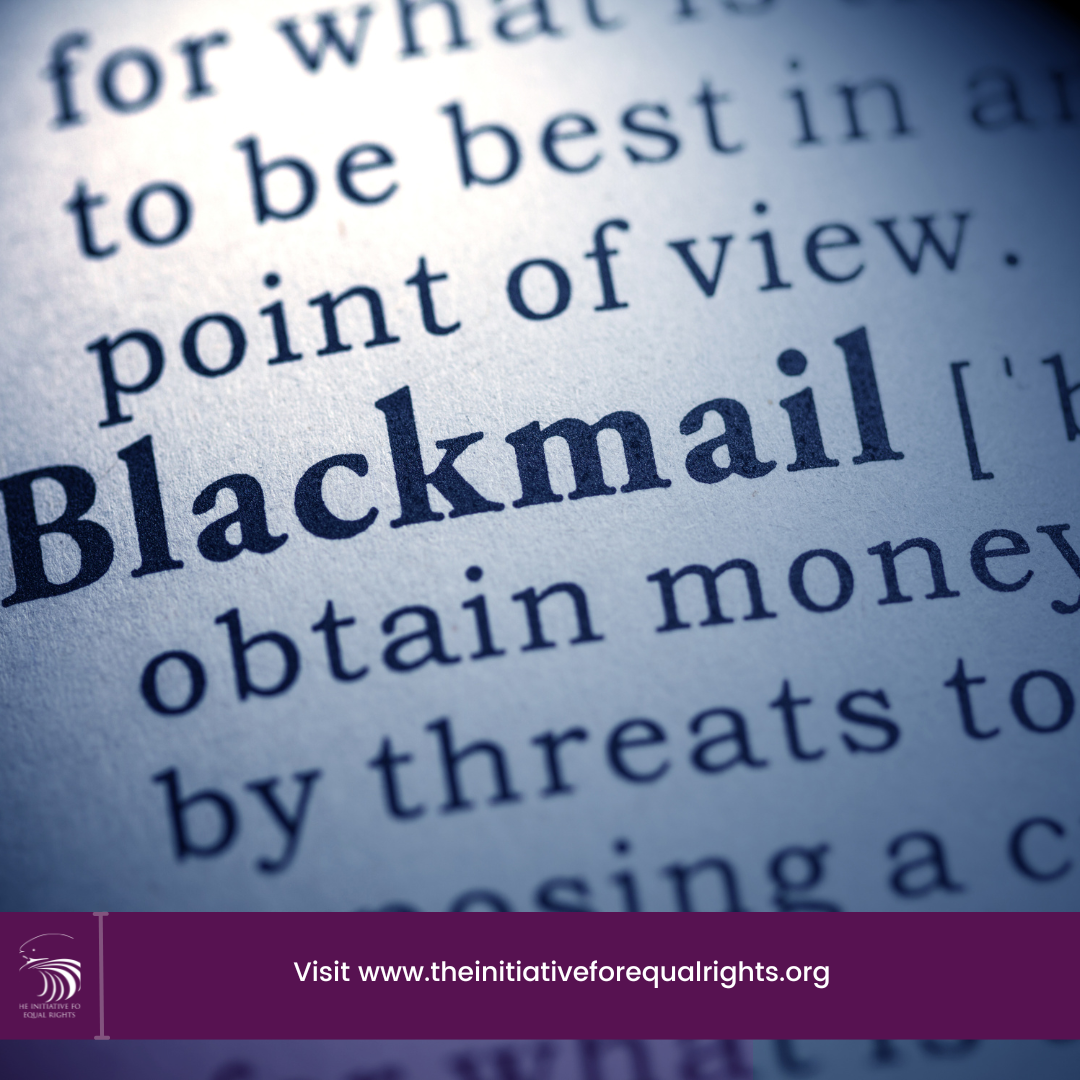
New poll finds familiarity helps build understanding and acceptance of LGB people
Study: Acceptance of lesbian, gay, and bisexual people slowly increasing in Nigeria
LAGOS – A new poll conducted by NOI Polls in partnership with Bisi Alimi Foundation and The Initiative for Equal Rights in Nigeria, has mapped awareness, perception, and acceptance of lesbian, gay, and bisexual, people and same-sex relationships among the Nigerian population. While considerable opposition remains for lesbian, gay, and bisexual people and their relationships, the poll found that acceptance has grown over previous polls. The findings also suggest that many Nigerians are unwilling to reject lesbian, gay, and bisexual people in their families.
Findings from the survey reveal that:
- A large majority of adult Nigerians (87%) expressed support for the “Same-Sex Marriage Prohibition Law.” While that number is very high, it is decreasing. In 2010, 96% were in opposition of relationships between same-sex couples, and in 2013, 92% supported the “Same-Sex Marriage Prohibition Act.”
- Only 17% of adult Nigerians know someone who is lesbian, gay, or bisexual. The percentage is even lower among respondents over 46 years of age. However, younger adults, ages 18-25 are more likely (30%) to be familiar with someone who is lesbian, gay, or bisexual.
- An overwhelming majority of Nigerians (90%) do not think people are born gay, lesbian, or bisexual, insinuating that most respondents believe sexual orientation is a quality that is acquired through life’s experiences.
- While only 11% of Nigerians stated they were willing to accept a family member who was lesbian, gay, or bisexual, over half (52%) of respondents who believe people are born lesbian, gay, or bisexual know someone in their family, a friend, or someone in their locality who is.
- 30% of Nigerians agree that LGBT people should have access to healthcare, housing, and education.
“It is good to see that 30% of Nigerians think that access to healthcare, housing and education is a right that lesbian, gay, and bisexual people should have,” said Bibi Bakare-Yusef, Publisher at Cassava Republic Press. “That’s a significant number that already recognizes the inalienable rights of lesbian, gay, and bisexual people to social protections. We must continue to push for social acceptance and legislative justice for all, including sexual minorities.”
“This poll tells us that Nigerians are not inherently homophobic, but that in the absence of accurate information around gender and sexuality, people are left to believe myths and misinformation,” said Bisi Alimi, founder of the Bisi Alimi Foundation. “The trend in this survey has shown that with a conducive environment to provide unrestrictive and unbiased information about gender and sexuality in Nigeria, we will be able to create a platform for discussion and dialogue where views can be shared and opinions expressed without fear.”
“This survey reflects a massive gap in knowledge about sexuality and human rights,” said Olumide Makanjuola, Executive Director of The Initiative for Equal Rights. “This lack of knowledge explains why LGBT people continue to experiences human rights violations. We therefore need to provide holistic education and information on sexuality and human rights. This must be a joint effort between the Nigerian government and the civil society organizations in Nigeria.”
Nigeria passed the “Same-Sex Marriage Prohibition Act” late 2013 which was signed by President Goodluck Jonathan on January 7th, 2014. The law, which condemns same-sex couples who marry to 14 years imprisonment, was widely supported by members of the general public in Nigeria. Opponents of the law have complained that the law allows members of law enforcement agencies to trample on the human rights of alleged culprits before found guilty.
In April and May of 2015,NOI Polls contacted a randomly selected population of 1,000 telephone-owning Nigerians across the six geo-political zones, who were 18 years and above conducted a poll to assess Nigerians’ awareness and perception of the lesbian, gay, bisexual, and transgender community in the country.
About the Bisi Alimi Foundation: The Bisi Alimi Foundation is a non for profit organization to provide unbiased information, education, training and development projects with a focus on sexuality and gender in Nigeria. The aim of the foundation is to build a wealth of knowledge through education, training and community engagement as a means of reducing homophobia in Nigeria.
About The Initiative for Equal Rights: The Initiative for Equal Rights (TIERs) is a Nigeria-based registered non-profit organization that works to protect and promote the human rights of sexual minorities nationally and regionally. It was founded in 2005 as a response to the discrimination and marginalization of sexual minorities observed in HIV prevention and human rights work.
About GLAAD: As a dynamic media force, GLAAD tackles tough issues to shape the narrative and provoke dialogue that leads to cultural acceptance. GLAAD protects all that has been accomplished and creates a world where everyone can live the life they love. GLAAD’s Global Voices program partners with international LGBT advocates to advance acceptance for LGBT people globally. For more information, please visit www.glaad.org or connect with GLAAD on Facebook and Twitter.
Contact:
The Initiative for Equal Rights- Info@initiative4equality.org
This Post Has 7 Comments
Comments are closed.






[…] the latest polls do show a significant shift that mirrors the changes in my family. While 96 percent of people […]
[…] the latest polls do show a significant shift that mirrors the changes in my family. While 96 percent of people […]
[…] the latest polls do show a significant shift that mirrors the changes in my family. While 96 percent of people […]
[…] the latest polls do show a significant shift that mirrors the changes in my family. While 96 percent of people […]
I think this is among the most vital information for me. And i’m glad reading your article. But wanna remark on few general things, The website style is ideal, the articles is really excellent : D. Good job, cheers
[…] the latest polls do show a significant shift that mirrors the changes in my family. While 96 percent of people […]
Magnificent site. Plenty of helpful info here. I’m sending it to several friends ans additionally sharing in delicious. And naturally, thanks on your sweat!